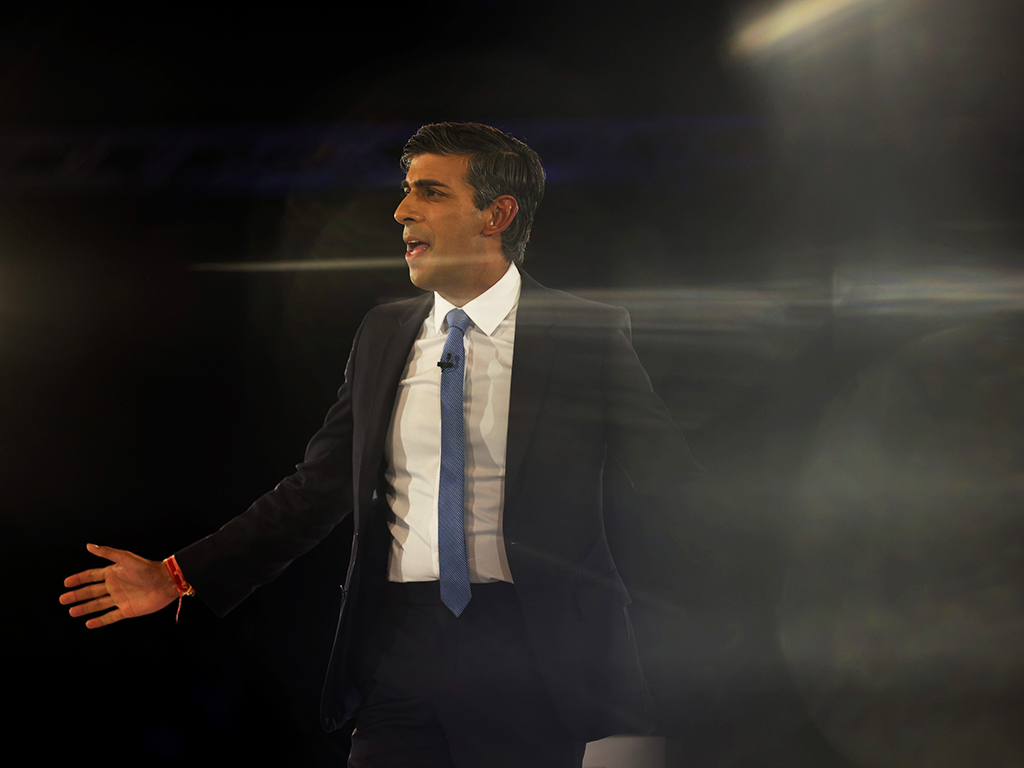
Royal Mail staff go on strike today (9 December). The RMT nationwide strikes begin on 13 December. And nurses are going on strike on 15 December for the first time in the Royal College of Nursing’s history.
Industrial action will dominate politics this winter. As I have previously written, Rishi Sunak’s soothing tone of reconciliation has done nothing to change the fundamental problems at play. Prices are still rising more quickly than wages.
The government say real-terms pay cuts are necessary to keep inflation down. Is that right? One argument against would be that if wage rises are paid out of higher taxation, it would reduce the amount of money chasing the same number of goods (because taxation makes people poorer), which in turn reduces inflation. But, back to the politics: the government isn’t going to raise taxes further to pay nurses more. So here we are; the country faces a “winter lockdown”, as Andrew puts it in a recent column.
The government’s gamble is that the disruption to Christmas will turn public opinion against the strikers. But fresh reports that ministers scuppered a deal between the rail union and the rail companies will not help Sunak. Grant Shapps, the former transport secretary, used to say he had no power over the negotiations. That was unpicked by a legal argument over the summer, which found ministers decide what the railway companies can offer. These new reports will only lay more blame at the government’s feet.
What of Labour? The Times accused the shadow health secretary, Wes Streeting, this morning of going beyond the agreed shadow-front-bench line on nurses pay. Streeting said: “They should get people around the table with no preconditions, no topics ruled out and be willing to talk.” The front-bench line is that the unions and the government should negotiate. One Labour source texts in: “It’s a bit overwritten. Wes didn’t really say anything new. He just held the line on ‘we would negotiate’.”
Either way, as long as media stories about the shadow front bench remain this minor, it seems unlikely that the public will blame Labour when the Conservatives are the party in government. Indeed, a YouGov poll from November found that Labour had a 20 percentage point lead on which party voters thought would better handle the strikes. That makes resolving these strikes all the more vital for Sunak.
[See also: Keir Starmer interview: “Am I aiming to be just a one-term prime minister? No, of course not”]




